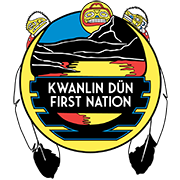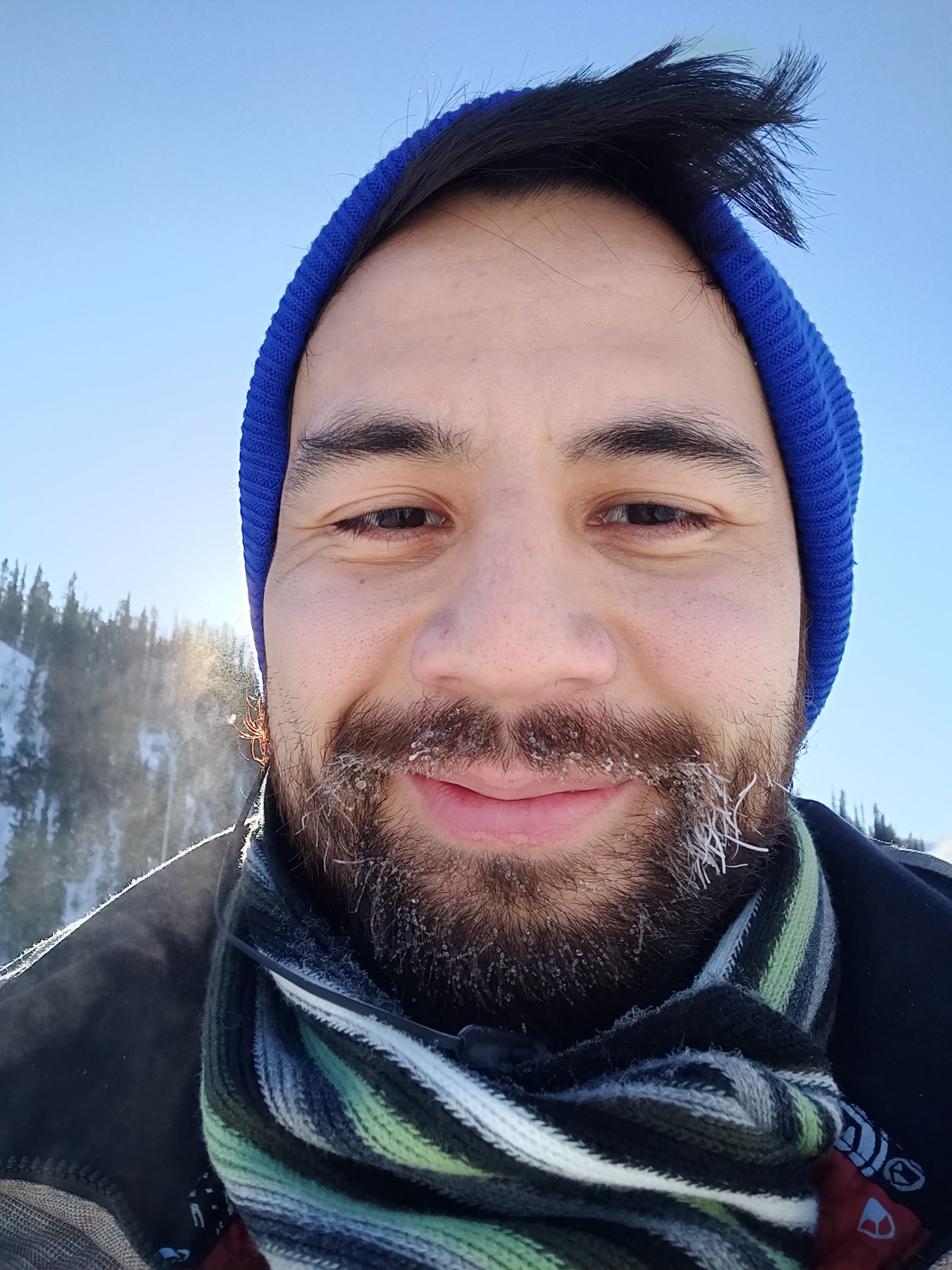James Williams is at his best when people are at their worst. The 30-year-old KDFN citizen recently joined the West Coast General Hospital in Port Alberni, BC as an emergency room doctor and anesthetist.
He realized he needed to be at the top of his game while working in small communities during his training as a medical student. One time, his more experienced coworker was in another town delivering a baby when a woman who couldn’t breathe came into the health centre. It was a critical situation and James was the only one who could help.
“I was so nervous and afraid, but fortunately I was able to help her and she was okay,” he says.
The experience made him realize he wanted to focus on
emergency and critical care.
“Being in those situations was something I feared, so I tried to make it my strength,” he says. “In a situation like that you need to decide what to do within seconds or you miss the window. And I don’t ever want to miss the window.”
James grew up in Whitehorse with a family that was very active in the community. As a boy he would take walks through the woods with his grandmother, Elder Violet Storer. She was a traditional healer who told him stories about nature and plant-based medicine.
“I was always fascinated with the different types of bark and roots she collected that had medicinal properties,” he says. “I still am.”
The stories and shared knowledge sparked his interest in learning more, and so after high school he went on to earn a bachelor’s degree in biochemistry. There, he learned more about how medicines work and the effect they have on peoples’ bodies.
“A lot of people don’t understand—they see a hard line between what’s considered western medicine and what’s considered traditional healing,” says James. “They are two different things, but they are very connected.
“Many medications are literally made from plants. There needs to be more education on medicinal plants and how they relate to western medicine.”
After his undergraduate studies, James went on to complete four years of medical school at the University of British Columbia. Then, he spent two years working in family medicine in a handful of small towns in Alberta. There, he learned a lot about what it means to do your best for your patients.
“I have seen some terrible things in my training and how horrible racism can happen in some communities,” he says. “A lot of people say the patients have to be educated, but I don’t think that’s true. A lot of times it is the healthcare providers that need to be educated. I’ve seen healthcare providers that don’t understand the history or culture of a community.”
After gaining experience in rural medicine James went on to do another year of training in anesthesiology, which includes caring for patients before, during, and after they have surgery or other medical procedures.
Currently, James is gaining more experience working on Vancouver Island, but he hopes to come back to his hometown of Whitehorse to practice in the future.
In the meantime, he wants to encourage other Indigenous young people to follow their dreams.
“I believe education is the most important thing for everyone. I wouldn’t say I’m a particularly smart guy, but I worked hard and read a lot of textbooks,” he says. “My advice to young people is to get involved in whatever you’re interested in.
“There are lots of barriers and adversity and racism, but if you keep working hard you can be whatever it is you want to be.”

